UK PMI manufacturing rose to 54.2 in December, up from 53.1 and beat expectation of 52.6. It’s also the highest level in six months. Markit also noted that “new order and new export order inflows strengthen”, and “stocks of purchases and finished goods rise sharply”.
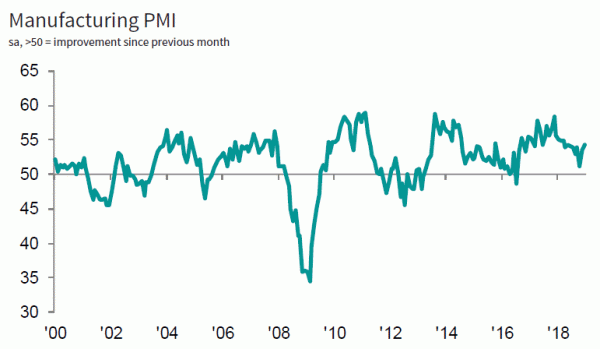
Rob Dobson, Director at IHS Markit, which compiles the survey:
“December saw the UK PMI rise to a six-month high, following short-term boosts to inventory holdings and inflows of new business as companies stepped up their preparations for a potentially disruptive Brexit.
“Stocks of purchases and finished goods both rose at near survey-record rates, while stock-piling by customers at home and abroad took new orders growth to a ten-month high. Any positive impact on the PMI is likely to be short-lived, however, as any gains in the near-term are reversed later in 2019 when safety stocks are eroded or become obsolete.
“The trend in production volumes remained lacklustre despite the safety stock-building, with the latest survey consistent with a mild decrease in the official measure of manufacturing output over the final quarter. Uncertainties regarding Brexit disruption on supply chains and the exchange rate are also weighing on business confidence. Although manufacturers forecast growth over the coming year, confidence remains at a low ebb. Manufacturing will therefore be entering 2019 on a less than ideal footing with Brexit uncertainty having intensified considerably.”
Full release here.




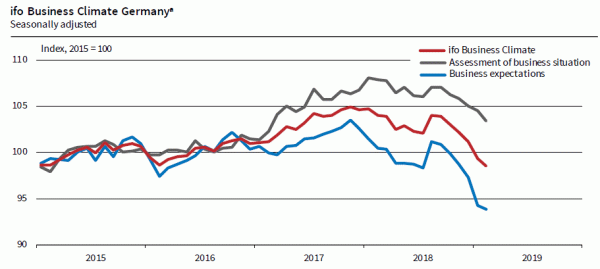
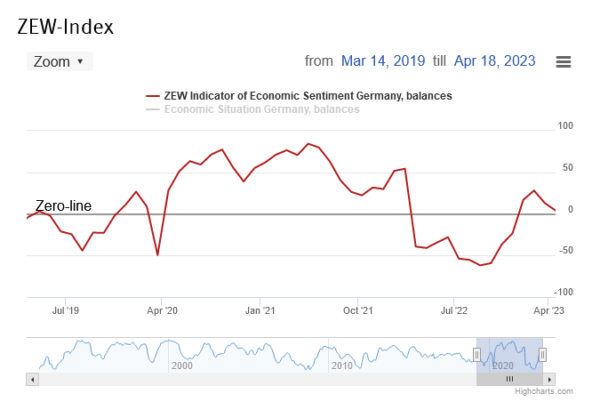
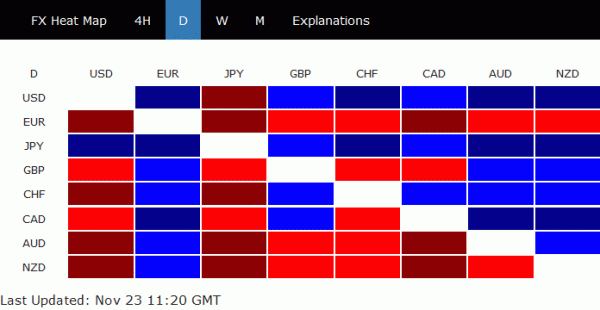
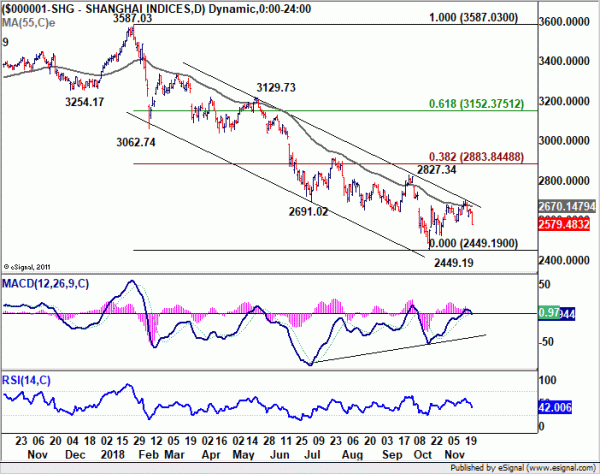
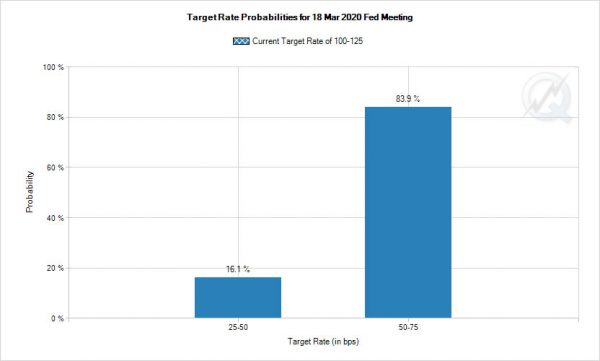
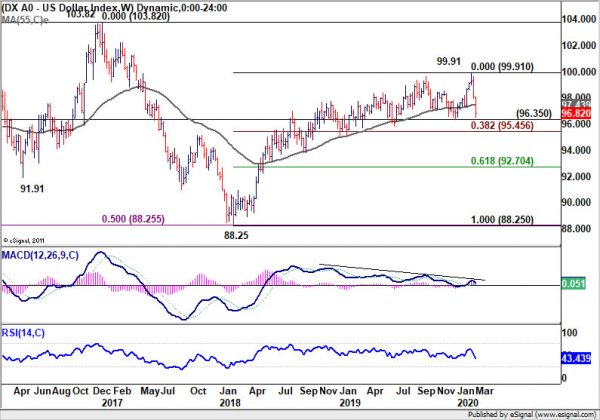
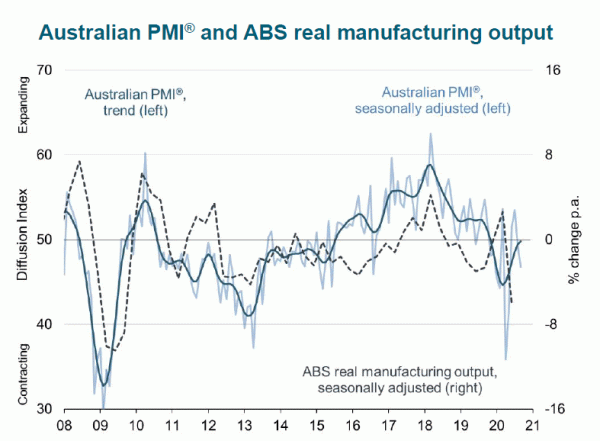
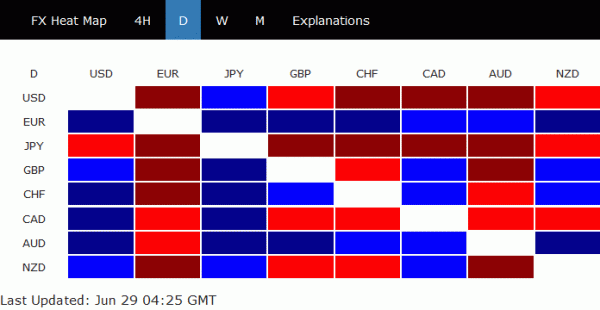
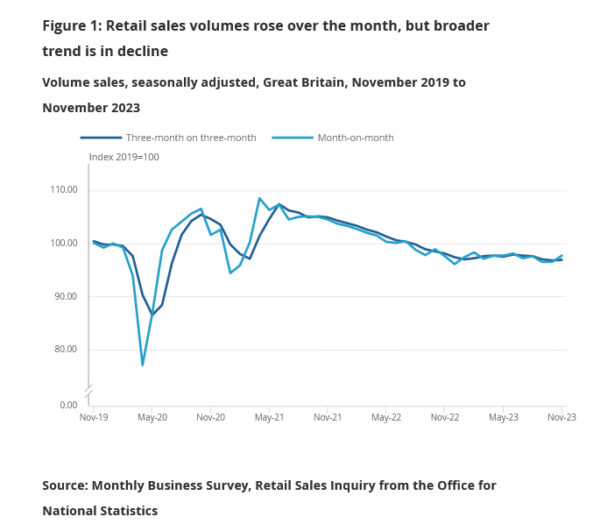
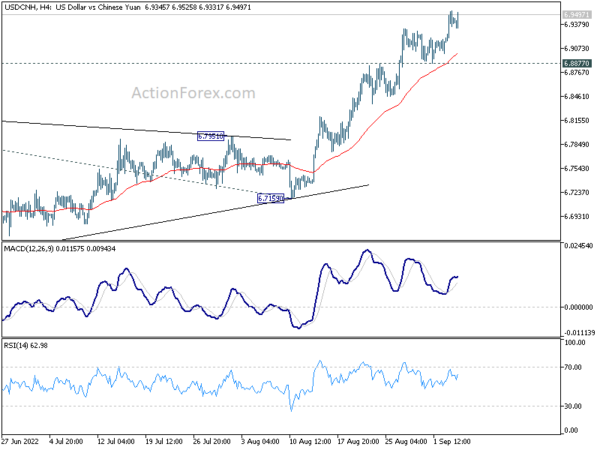
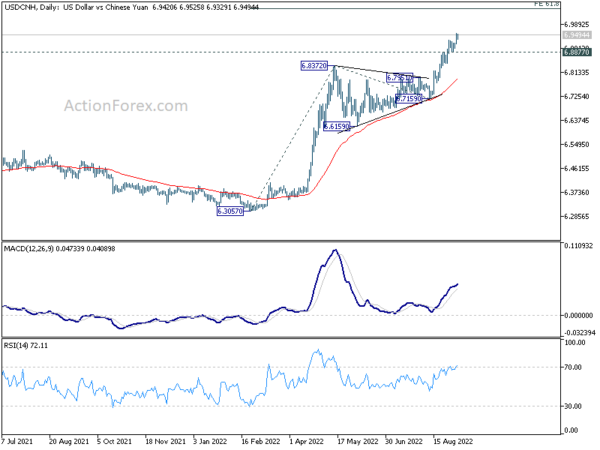
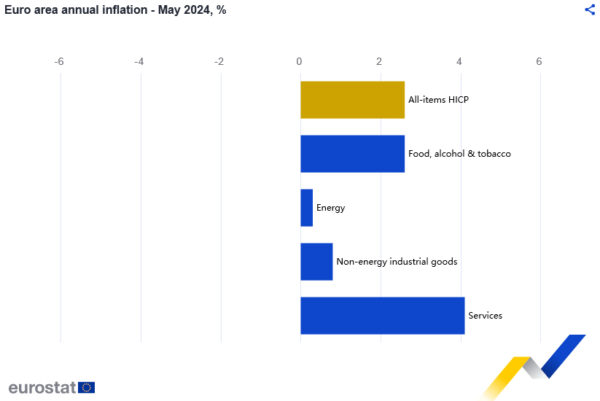


Swiss GDP grew 1.7% qoq in Q3, more than 1% above pre-crisis level
Swiss GDP grew 1.7% qoq in Q3, following 1.8% qoq rise in Q2. Looking at some details, private consumption rose 2.7%. Government consumption dropped -1.5%. Equipment and software investment dropped 1.3%. Construction investment rose 0.1%. Exports of goods excluding valuables rose 2.3%. Exports of services dropped -2.2%. Import of goods rose 3.2%. Imports of services rose 2.9%.
The FSO said, “Value added grew markedly in the affected service sectors as a result of the further relaxation GDP was more than 1% higher in the third quarter than the pre-crisis level seen in the fourth quarter of 2019.
Full release here.